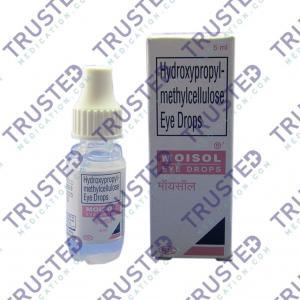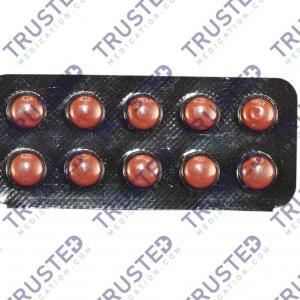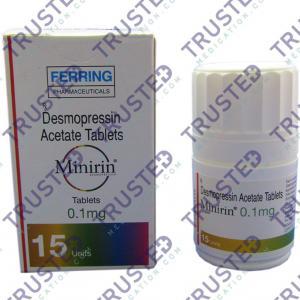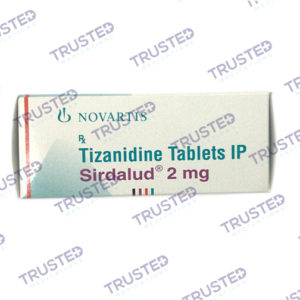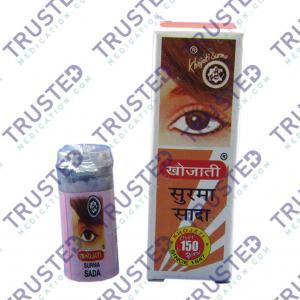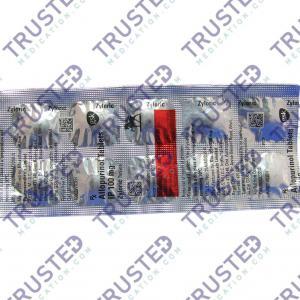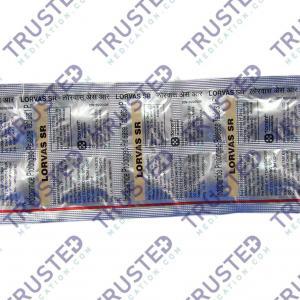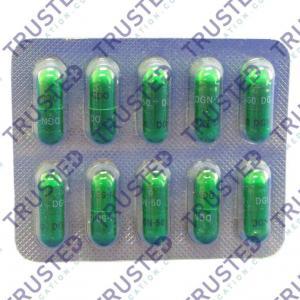
The critical difference between the acid reducer and antacid is that the antacids neutralize stomach acidity. In contrast, the acid reducers can neutralize stomach acidity, or they can reduce the production of gastric acid. Antacids are also acid reducers. Therefore, they reduce the edge of our stomach by neutralizing stomach acid. Although all antacids are acid reducers, all acid reducers are not antacids. Some medications are used in stomach acid production, but we do not categorize them as antacids.
What are Acid Reducers?

Acid reducers are substances that can reduce the acidity of our stomach. All the antacids are acid reducers. Other drugs may include H2-receptor antagonists or proton pump inhibitors. Although antacids can neutralize gastric acid, other acid reducers may also decrease stomach acid production. For example, Ranitidine is a common acid-reducing drug that can reduce the acid production in our stomach. Moreover, we can take this drug via the mouth, injection into the muscle, or vein.
All medicines can cause side effects. Many people don’t have side effects. And minor side effects sometimes go away after a while. But sometimes, side effects can be a problem or can be severe. If you are having problems with side effects, talk to your doctor. Your doctor may be able to lower your dose or change to a different medicine. Always be sure you get specific information on the medication you’re taking. For a complete list of side effects, check the information that came with the medicine you’re using. If you have questions, talk to your pharmacist or doctor.
What are Antacids?
Antacids are a medication that we use to neutralize stomach acidity and relieve heartburns, indigestion, and upset stomachs. We take these medicines orally to quickly relieve occasional heartburns and other symptoms of indigestion quickly. Moreover, these drugs cannot kill the bacteria Helicobacter pylori, which can cause stomach ulcers.
Excessive amounts of acid in our stomach can damage the natural mucous barrier that protects the inner wall of the stomach. Antacids contain alkaline ions, which can neutralize this gastric acid. It reduces the damage to the stomach and relieves the pain as well. Some common antacids include Alka-seltzer, Maalox, Mylanta, Rolaids, and Tums.
Most of the time, this medication is safe for people. But there can be some side effects as well. For example, antacids containing magnesium may cause diarrhea. Brands containing calcium may cause constipation. Long-time use may cause kidney diseases as well. Long-term use of brands with aluminum can cause a person to get osteoporosis as well.
Antacids should be taken about one hour after eating or when you have heartburn. Taking them with food is not recommended if you’re taking them at night. According to the National Library of Medicine, you shouldn’t take antacids if you are allergic or hypersensitive to any ingredients in a specific brand or formulation.
Ask your doctor before taking antacids if you:

- Have kidney, liver, or heart disease
- Are on a low-sodium diet
- Have edema (swelling)
- Are you pregnant or plan to become pregnant
- Are you taking other medications
- Are under 12 years old
- Have heart failure
- Have high blood pressure
- Are you already taking calcium
What Is The Difference Between The Two?
Antacids are a medication we use to neutralize stomach acidity and relieve heartburns, indigestion, and upset stomachs. The mechanism of action of these drugs is via the neutralization of gastric acid. In contrast, acid reducers are substances that can reduce the acidity of our stomach. These drugs can act by either neutralizing stomach acidity or by decreasing the acid production in our gut. It is the critical difference between an antacid and an acid reducer. Moreover, we take antacids orally to get a quick, relieve but we can take acid reducers either orally or by injection into a muscle or a vein. The below infographic presents the difference between antacid and acid reducers in tabular form.
Highly recommended medication for stomach and acid-related issues:
- Pantoprazole – this prescription medicine is in a class of drugs known as proton-pump inhibitors. It works by decreasing the amount of acid made in the stomach.

